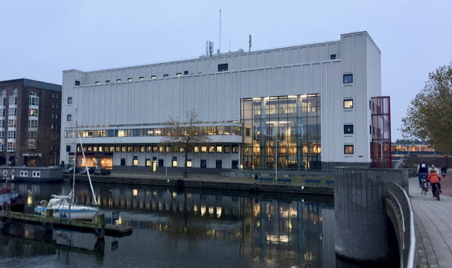Mission
The IISH is a unique institute, serving science and society on a global scale. At an international level, we generate and offer reliable information and insights about the (long-term) origins, effects and consequences of social inequality.
To promote this, we form an international hub for social historians worldwide. We offer and produce historical sources and data, facilitate social-history research and collaborate internationally in ground breaking research projects.
Moreover, by preserving the heritage of often oppressed social movements, the Institute serves the quality of the world's memory. With our work we hope to contribute to a vibrant civil society.




